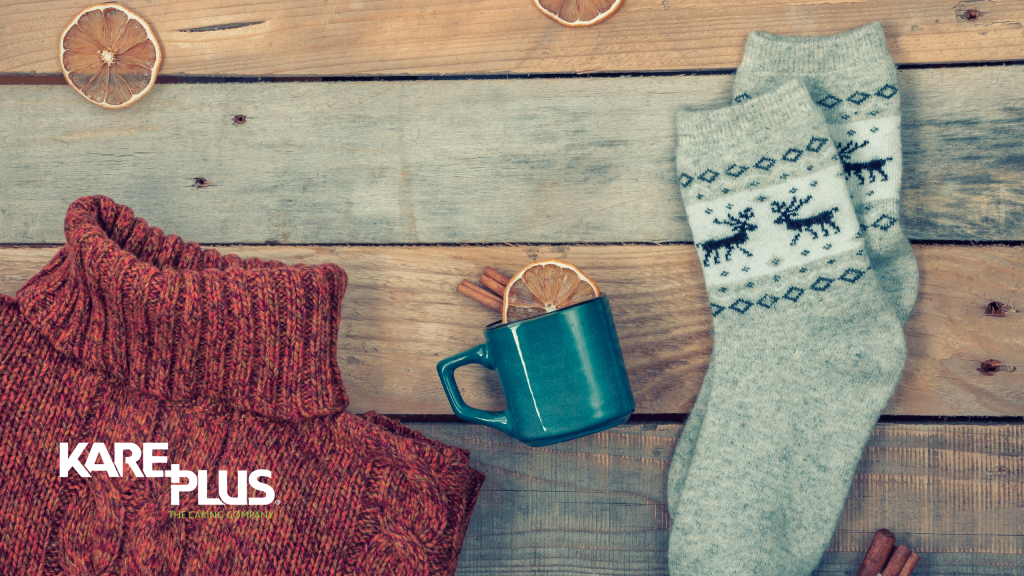Avoid common winter illness with these easy steps
Friday, October 16th, 2020 | Uncategorized
The days are growing shorter and there’s a lot more rain now, which can mean only one thing - winter is almost here. While there’s lots of reasons to enjoy winter - namely Christmas & Halloween - it also brings with it an increase in colds, viruses and just general illnesses. While there is no way to stop colds or other winter illnesses. There are some steps we can all individually take to prepare our bodies.
With the ongoing COVID-19 pandemic, it’s also important that we take the necessary steps to avoid contracting the respiratory condition. This includes following the current government advice, as well as taking any extra precautions which will keep you protected. As we head into winter, both the NHS and social services are going to be under an immense amount of pressure, so any steps that we can individually take to reduce the pressure on those vital public services will undoubtedly help.
Follow Government advice on COVID-19
Before we discuss avoiding colds and other illnesses, it’s important to mention that we should all collectively follow government guidance around COVID-19. If you would like to help limit the spread of covid, please follow the regulations for your local area. This information can be found by clicking the link below.
Flu Vaccines
The World Health Organisation estimates that anywhere between 290,000 and 650,000 people die annually from flu related illnesses. In 2019, around 15 million people were provided with a vaccine to protect against the flu, most of which were free. If you qualify for a free flu vaccine, don’t let COVID stop you from taking advantage. GP Surgeries and pharmacies have been set up to provide vaccines safely, including hand washing, social distancing and protective gear.
To find out more about your local flu vaccine scheme, please click here
Warm your home
It sounds simple, but ensuring your home is kept at a minimum temperature might limit your chances of catching a cold. Many colds are more efficient at replicating in lower temperatures, such as the rhinovirus, which in a study was found to multiply faster at temperatures of 37°C and lower. That’s the average temperature of the human body, so living in a cold home could see that temperature decrease therefore keeping a warm home can reduce the chance of catching a cold.
The NHS recommends keeping your home at a minimum of 18°C throughout the winter, although this may be difficult for some families. If you think you might be eligible for support heating your home this Winter, please visit https://www.simpleenergyadvice.org.uk/
Eat Healthy and Stay Hydrated
One of the key proponents of fighting colds is the strength of your immune system. If you’re missing out on key nutrients in your diet, you may put yourself at risk of catching a cold. Try to eat more fresh fruits and vegetables, along with keeping yourself regularly hydrated. Dehydration reduces the amount of blood and lymphatic fluids in the body, which are vital in a healthy immune system response.
Exercise
Exercise is an important part of day-today life, but it may have more of a positive effect than you thought on your immune system. Good circulation is key to a healthy immune response system, and regular exercise ensures a more consistent blood flow. We’re not saying you need to go out and start running marathons, but the NHS minimum recommended amount of 150 minutes ‘moderate-intensity aerobic exercise’ would be a significant starting point.
Truthfully, there are plenty of ways you can strengthen your immune system and it’s all about finding what works for you. The more work we individually do to reduce the chances of catching colds and other illnesses, the less strain there will be on our healthcare services in the face of COVID-19. Do you have any tips for boosting your immune system? If so, please let us know in the comments below.














